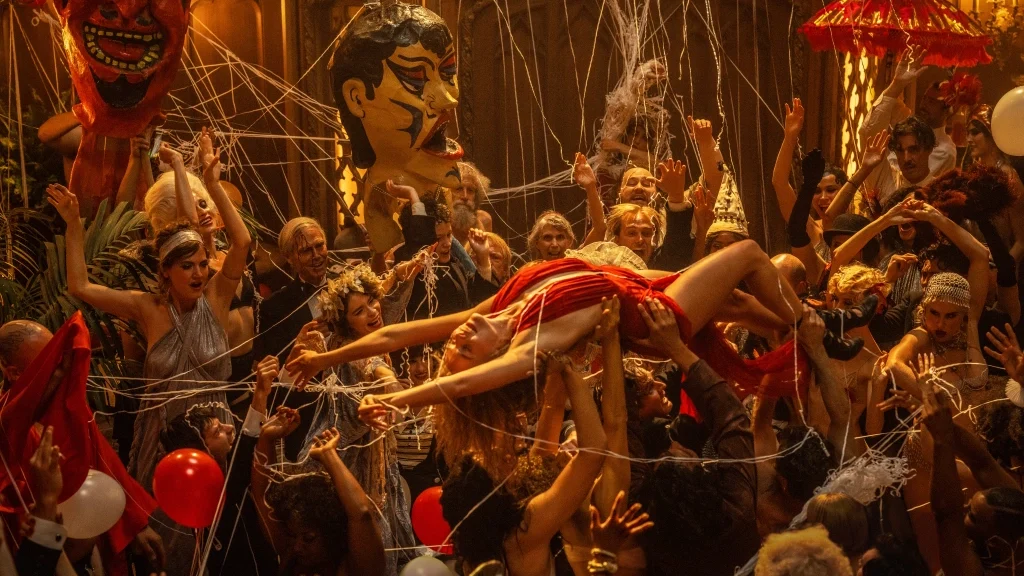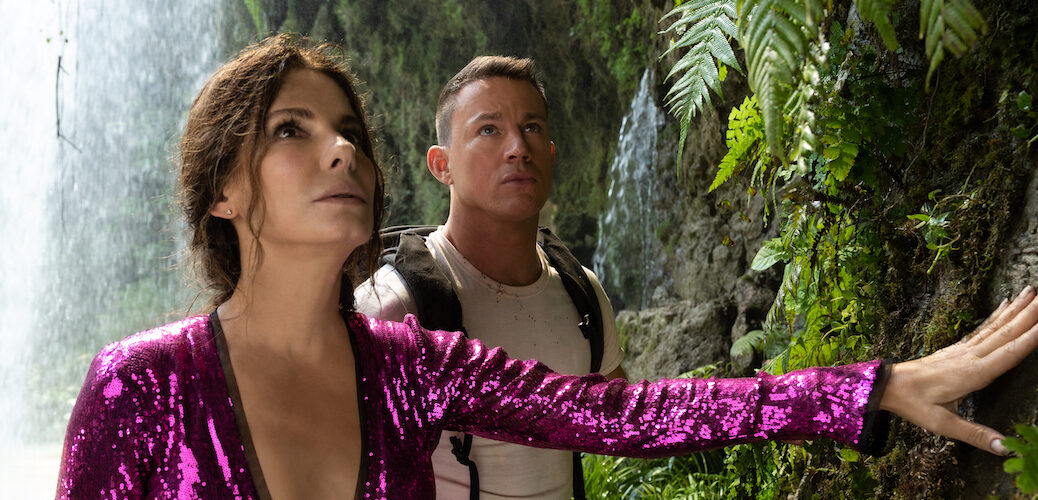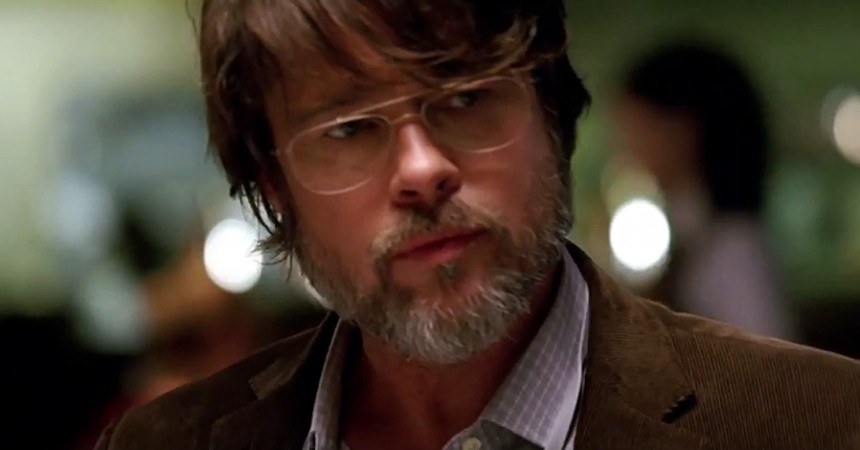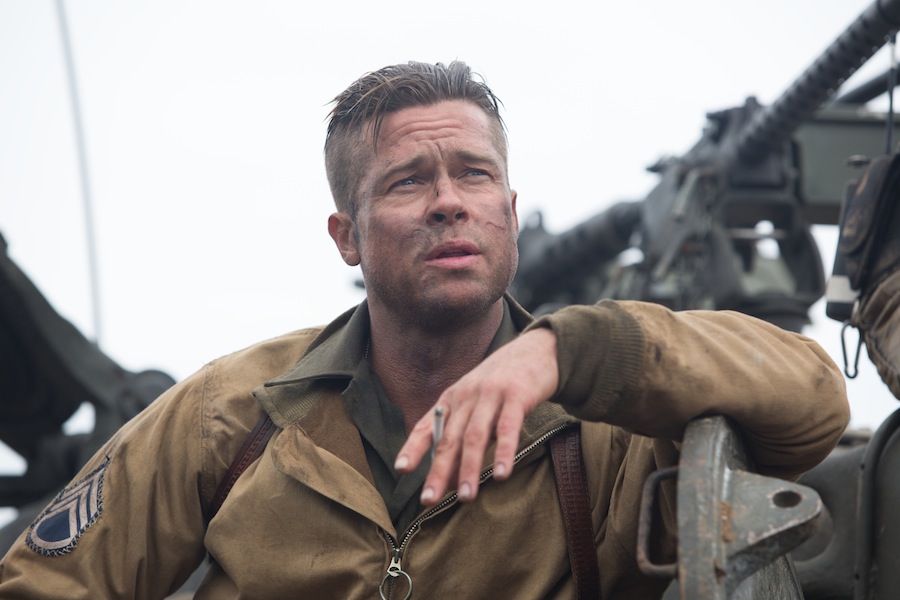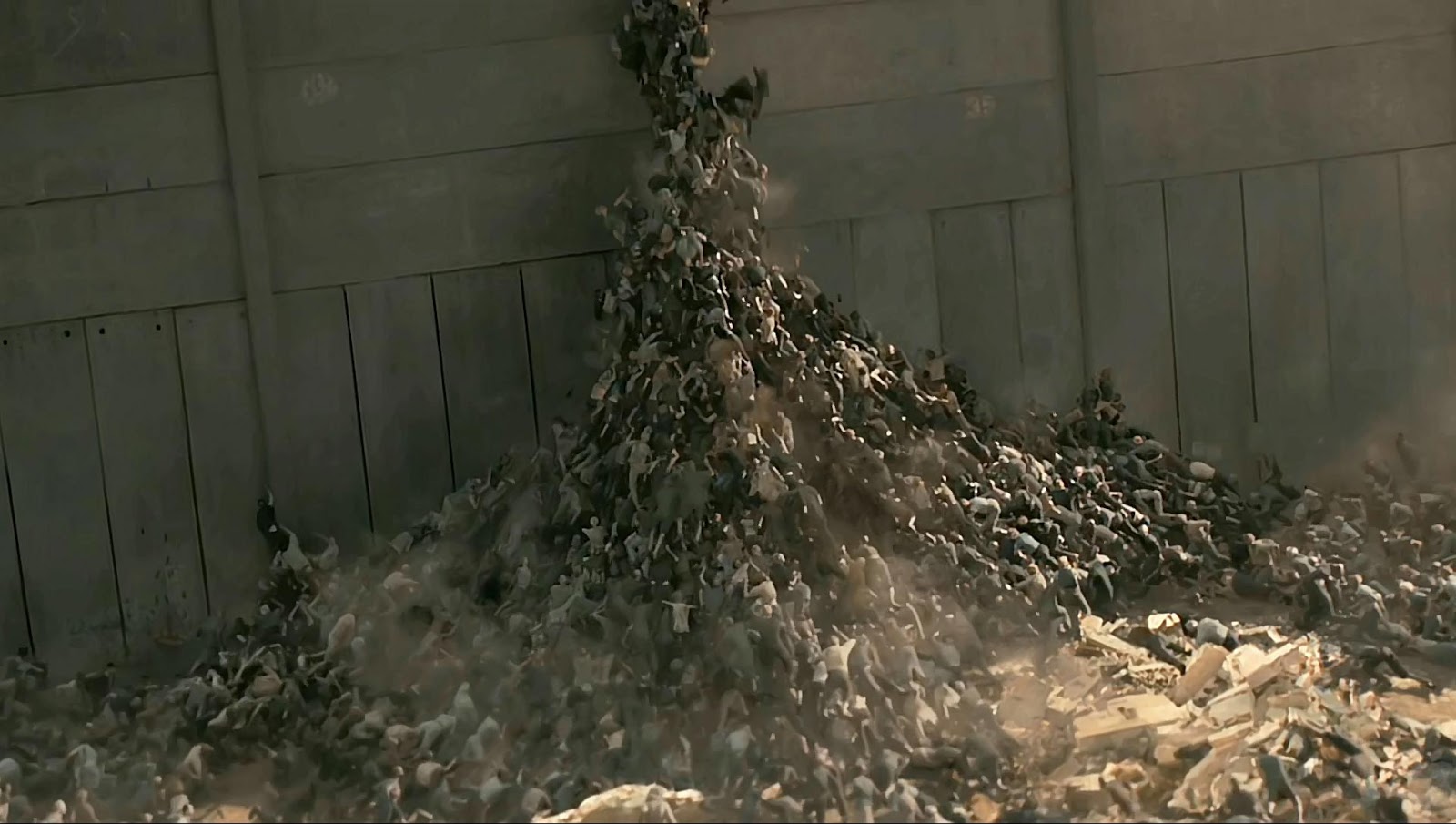Babylon
by George Wolf
Well first, let’s talk about the elephant in the room.
There’s an elephant in the room. A real one, delivered to a film exec’s insane party by the ambitious young Manuel (Diego Calva). Wannabe starlet Nellie LaRoy (Margot Robbie) has also found a way past security, and as writer/director Damien Chazelle’s extended take winds us through some impressively staged decadence, Babylon begins its frantically entertaining chronicle of intertwining fates in early Hollywood.
Manuel and Nellie meet that night, each launching a dream to break into the movie business, where Jack Conrad (Brad Pitt) reigns as the king of silent films. While Manual begins climbing the ladder on the production side and Nellie’s persona as the screen’s new “wild child” makes her an in-demand sensation, the jaded Jack pines for innovation and laments that “the most magical place in the world” has become stagnant.
And before anyone can warn Jack about being careful with his wishes, “motherfucking sound!” comes to the movies.
Chazelle’s vision here is more ambitious than ever. Babylon is always big and often wild, swinging in all directions as it proposes a drug-fueled toast to the movies, the people that make them, and to the often cruel way those people are used and abused.
It’s a mess of humor, spectacle and emotion, with all angles fighting the urge to run off on their own. There’s surprising humanity in the arc of Sidney (Jovan Adepo), an African American horn player whose success in musicals can’t protect his dignity, but curious excess revealed in the strange cameo from Tobey Maguire as a scary guy with an alligator in his dungeon, as well as a sudden montage of classic movie moments that pops up in act three.
All three leads are terrific. Pitt exudes charisma and hard-earned wisdom as a man forced to admit bitter truths, Calva provides the film’s sympathetic heart and Robbie is flat-out ferocious, delivering a constant challenge for you to just try and look somewhere else. The always welcome Jean Smart is also a treat, stealing scenes with an award-worthy supporting turn as an influential gossip columnist.
Babylon isn’t just big, it’s large, with a three-hour-plus running time that Chazelle packs with enough pizazz and amazing craftsmanship to keep it constantly compelling. This film may be many things, but boring is not one of them.
Like Jack, the silent film star struggling in talkies, Chazelle knows the movie business may be at an important crossroads. But both men still believe in the power of movie magic, and that despite shame from the past and uncertainty in the future, Hollywood deserves the big loud hooray that explodes from Babylon.
